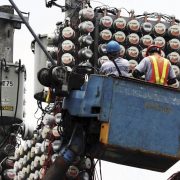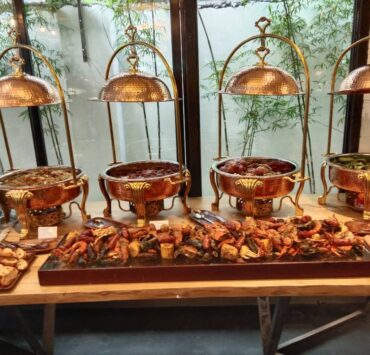What gives this Indonesian latte its sweet, smoky kick?
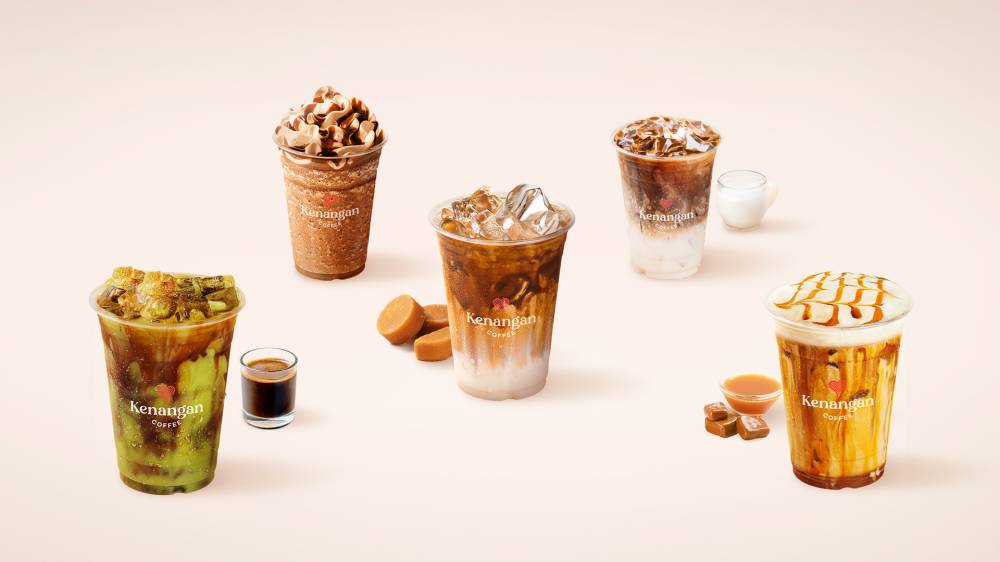
Nothing immediately stood out upon our first sip of Kenangan Coffee’s eponymous latte.
But after the familiar swirl of milk and espresso subsided, a hint of smokiness kicked in, before finally giving way to a kind of sweetness, not unlike scorched caramel or molasses, that lingered on the palate.
The popular Indonesian coffee chain’s latte, and of some its other drinks on the menu, owes such rich flavor profile to black aren, a premium palm sugar derived from the sap of the Arenga pinnata—a variety of palm that can be found not only in Indonesia, but also in the Philippines, India and Malaysia.
The black aren Kenangan Coffee uses for its concoctions, however, is sourced and processed—“minimally,” the company might add—in West Java, Indonesia. The coffee beans, meanwhile, are from Java, Sumatra and other parts of Indonesia.
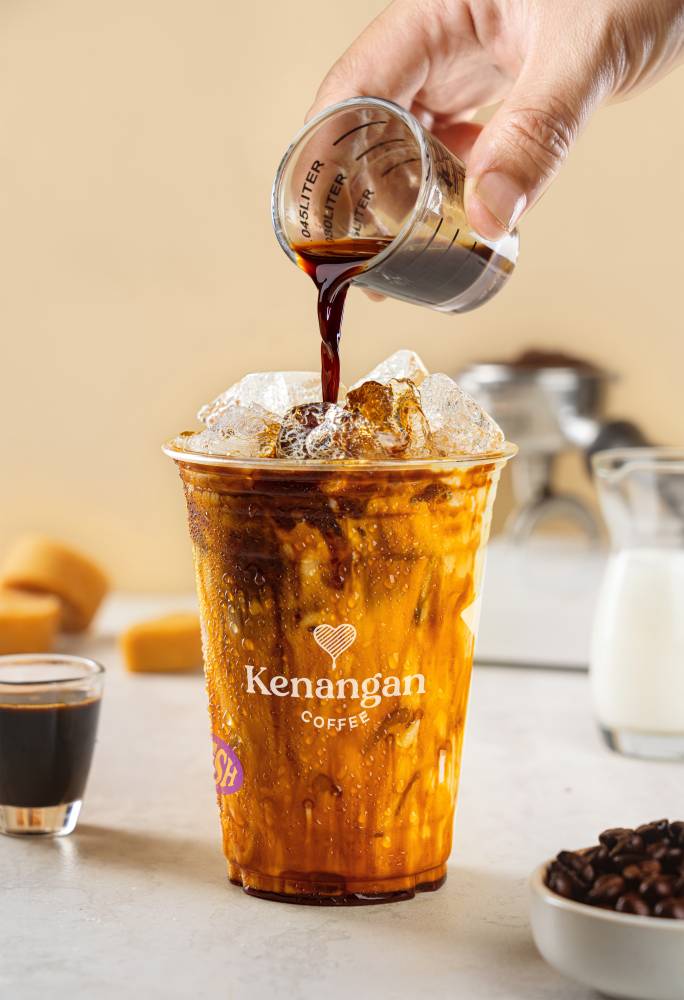
“The taste is very distinguishable, the result of the natural processes that go into making the sugar,” Edward Tirtanata, CEO and cofounder of Kenangan Coffee, said at the recent opening of the brand’s first Philippine branch at the SM Mall of Asia.
Aside from the signature latte, Kenangan Coffee offers Americano, mocha, Spanish latte, matcha espresso, and macchiato—your usual caffeine suspects.
But another item that curious passersby may find quite intriguing is the avocado espresso. The fruit is, of course, well-loved by Filipinos, whether in the form of milkshakes, or simply eaten on its own. But in coffee? You may just have to take Tirtanata’s word for it.
“It’s actually a common beverage in Indonesia, and I think it will be quite unique for Filipinos,” he said.
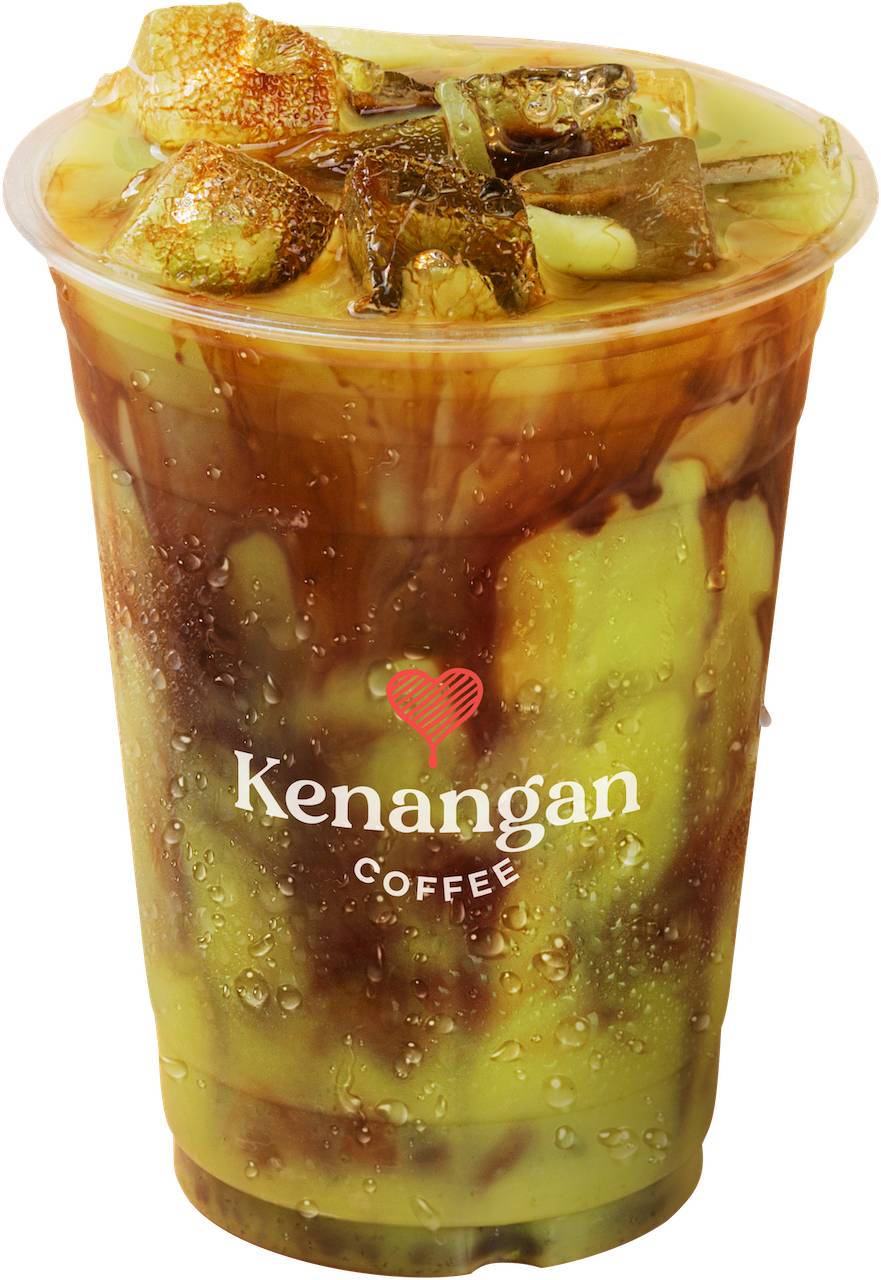
Kenangan Coffee was brought to the Philippines by the Fredley Group of Companies founder and CEO Avin Ong, who chanced upon the brand in a past trip around Asia. “A thing I love doing during my travels is visiting different coffee shops. One day, I spotted Kenangan Coffee and I loved it,” he told Lifestyle.
The company started out in 2017 and, within a year, managed to open 26 stores in Indonesia. Now, it has 900 stores in its home country, 71 in Malaysia, and 7 in Singapore. Ong said they plan to open more branches—both counter-style and in-line stores—at different malls around the country, including SM Megamall, SM North Edsa, and SM Baguio.
“The coffee market in the Philippines is very promising. A lot of coffee brands are sprouting in different places. So we’re confident that the coffee market here is actually growing,” Ong said.





